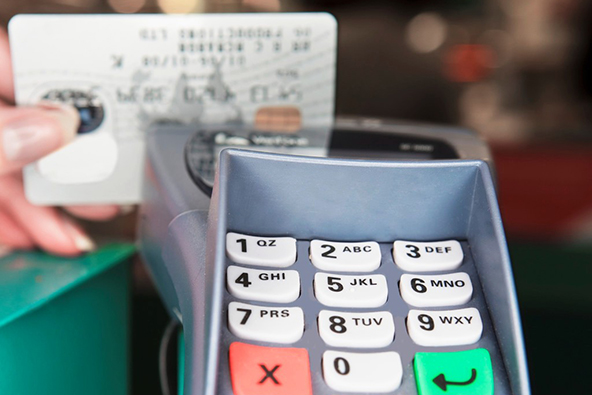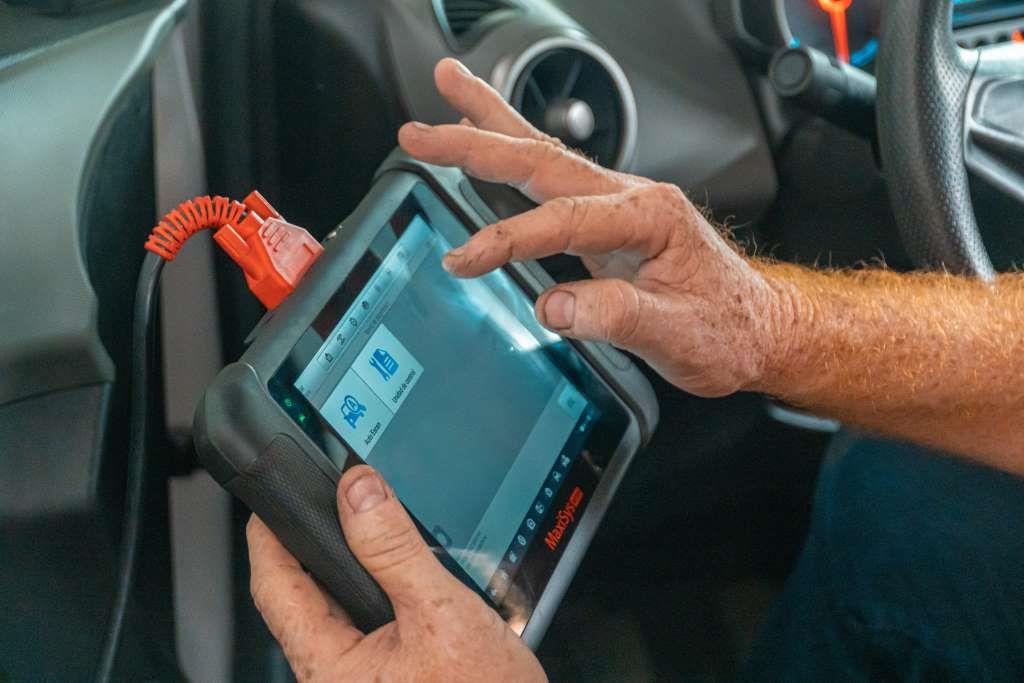 A chargeback – a kind of refund in which the buyer prompts his or her credit card company to forcibly transfer money away from a seller – is a major obstacle for modern merchants. Whether the buyer demands a chargeback because of customer service objections, the product they received was not what they expected, or even a case of identity theft, the merchant is the one who will ultimately lose whenever a chargeback is initiated.
A chargeback – a kind of refund in which the buyer prompts his or her credit card company to forcibly transfer money away from a seller – is a major obstacle for modern merchants. Whether the buyer demands a chargeback because of customer service objections, the product they received was not what they expected, or even a case of identity theft, the merchant is the one who will ultimately lose whenever a chargeback is initiated.
How Do Chargebacks Directly Affect Your Business?
There are several consequences which the merchant must bear when a chargeback comes into play, and all of these will have an effect on your bottom line:
- When a customer files for a chargeback, it is highly unlikely that the customer will return the original item; whether it never arrived in the mail, or the customer just doesn’t want to bother with it, you can safely assume that you will not see it again.
- After a customer files to dispute a charge, it is not he or she who will be paying the fee – you will be expected to pay the chargeback fee, usually between $25 and $75.
- You will also be losing the transaction fee which you initially paid when the customer made the purchase. While this is a relatively small amount, these charges can add up if multiple chargebacks are filed.
- If you, as the merchant, choose to dispute the chargeback, the burden of proof rests with you. In other words, you have to prove that the customer did, in fact, receive the package.
- If you rack up a number of chargebacks which the payment processing company or the credit companies deem “excessive” – meaning more than one percent of monthly sales totals – you could be faced with a fine of $5,000!
- To make matters even worse, if the total number of chargebacks remains above the one percent mark after two months, the fine will be doubled to $10,000.
- Finally, if chargebacks manage to exceed 2% of your sales total, it is likely that the payment processor will terminate your account. In addition, you will be blacklisted, making it impossible to get another account, and your business will no longer be able to process credit card payments.
As you can see, excessive chargebacks can lead to excessive problems, ranging anywhere from loss of merchandise and incidental fees to hefty fines and even the loss of your payment processing account. Obviously, losing the ability to process credit card orders would be a death blow to your business.
Chargebacks are clearly not something which you can afford to take lightly – more than 50% of online businesses will fail as a result of chargebacks, as well as the accompanying loss of product and punishing fees.
What Can Be Done?
If you want to prevent chargebacks or reduce the number of disputes filed against you, you need to consider the following:
- First, remain vigilant about chargebacks. Educate yourself about the process. Know your rights. Be familiar with the terms, codes and time lines associated with the process. Keep accurate records so you have the necessary documentation when it comes time to file chargeback representment.
- Second, take a look at your customer service practices. Do your products have accurate, informative, helpful product descriptions? Did you include enough images of the product so the consumer knows exactly what he or she is getting? Do you publicly share your contact information and policies? Is it clear when the product will be shipped and when it will arrive?
- Next, be on the watch for fraud. Know the indicators of fraudulent transactions. Use the tools provided by the credit card companies to deter criminals.
- Depending on the size of your company, you might need to enlist the help of professionals for chargeback management. If chargebacks become a daily hassle, you will soon become overwhelmed by the representment process. Let a third-party fight for you.
The chargeback can be one of the biggest impediments to success in online retail. Thus, in order to survive, a merchant must come to understand the ramifications of chargebacks and fully appreciate how great an impact they can have on the profitability of your business.















